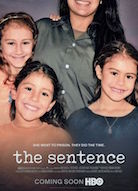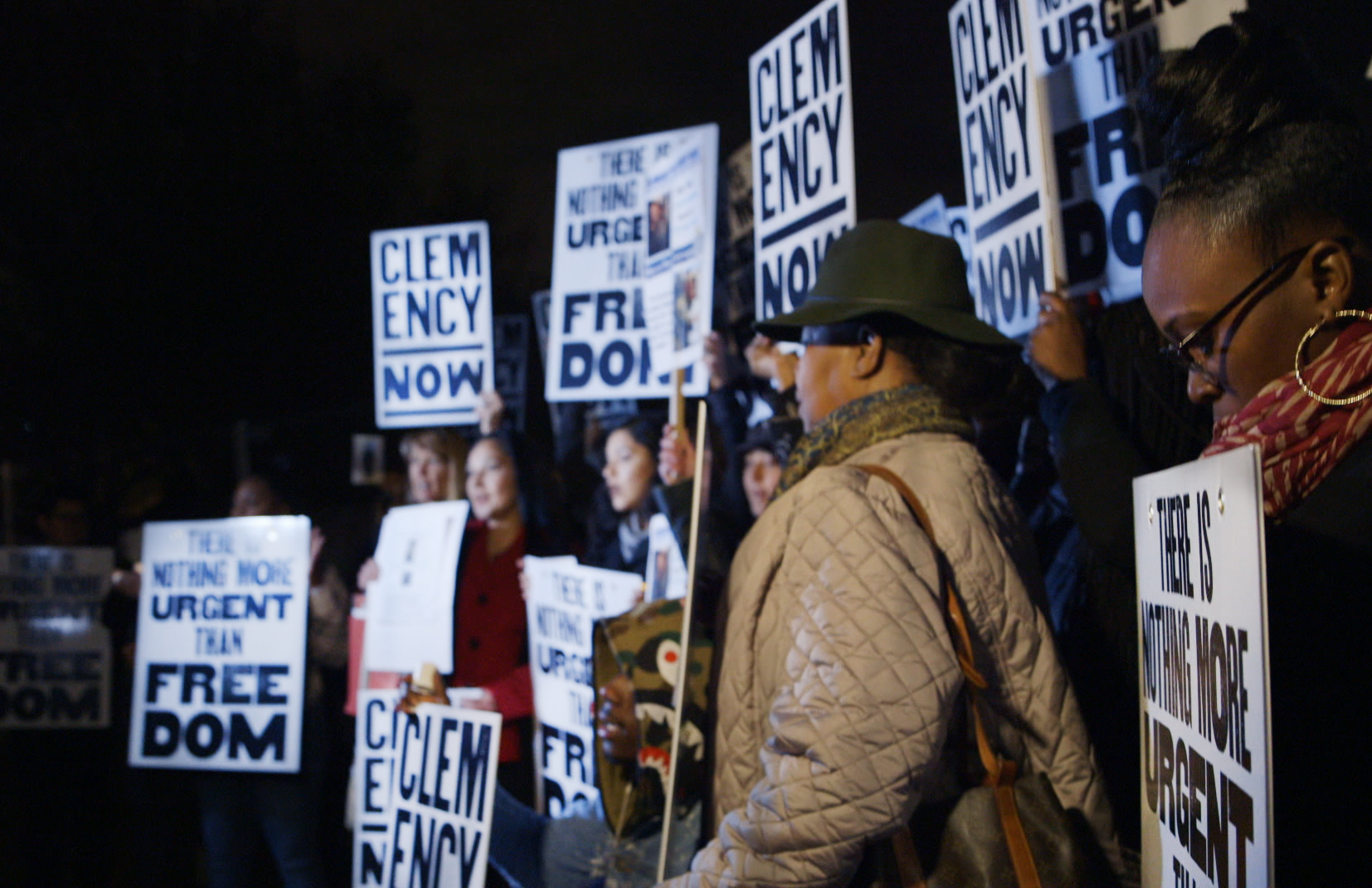By Glenn Dunks
 If I told you The Sentence was a documentary about the frustratingly pedantic injustice of the American judicial system and how it directly targets minorities and in particular one specific mother of three in Michigan, you would probably think there is much ground to cover and any number of directions the film could go. Unfortunately for viewers intrigued by the subject, The Sentence isn’t that film. In its place is a documentary that too often feels like just a collection of home movies strung together with little insight into the processes and machinations of the system.
If I told you The Sentence was a documentary about the frustratingly pedantic injustice of the American judicial system and how it directly targets minorities and in particular one specific mother of three in Michigan, you would probably think there is much ground to cover and any number of directions the film could go. Unfortunately for viewers intrigued by the subject, The Sentence isn’t that film. In its place is a documentary that too often feels like just a collection of home movies strung together with little insight into the processes and machinations of the system.
The Sentence follows the story of director Rudy Valdez's own sister, Cynthia, and the efforts that eventually lead to her pardon in 2016 on drug charges. Cynthia was jailed in the mid-2000s due to something of a loophole known as “the girlfriend problem” despite years apart from the man who actually committed the crimes and now living a life of domestic normalcy...
This mechanism seems explicity designed to punish and imprison any number of people (typically those of colour) in one fell swoop whether they participated in illegal activity or not. Just think of all the white collar, upper class felons of the world that could have been if, of course, they actually sought out people beyond the working class. Not that the film is interested in that either, mind you.
Politics aside, it’s a fascinating story, and there are times throughout The Sentence where the weight of Cynthia's trial holds real impact. However, far too much of the runtime is squandered. Unfortunately, Valdez in his feature-length debut, shows little flare for optimizing the narrative of his sister and his family for cinematic effect. One can forgive the often haphazard camerawork as that of somebody working on the fly – although it doesn’t substantially improve throughout despite the lengthy period of filming, which perhaps bothered me more than it should have. The roughness of the editing is particularly frustrating and disappointing, scenes drag on yet tell us little about the interior lives of his family beyond basic platitudes. It veers away just as it should dig deep. The filmmaking quite rightly plays second fiddle through many of the more climactic sequences, but unfortunately for an audience that doesn’t exactly make for great viewing.

One just needs to look at a film like Strong Island from 2017 to see how a director can make the first-hand trauma into something aching and powerful, or Southwest of Salem: The Story of the San Antonio Four for how a racist justice system can ill-proportionately target those who aren’t white and straight and yet how the fight never stops. The Sentence, for all of its story’s potency, never coalesces into a whole movie. Valdez’s family would have likely benefited greatly from somebody without quite the same closeness to Cynthia’s story. A storyteller who could take a few steps back and see Cynthia’s place in a systemic problem and probe the darker parts of the Valdez family that they’re clearly not going to reveal in front of one another.
Cynthia’s story is compelling, but The Sentence is not. For its subjects, the story of The Sentence was life-changing, but this movie comes off as little more than a footnote.
Release: Currently streaming on HBO.
Oscar Chances: Probably better than this review would suggest. It’s well-meaning and its final stretch is inarguably moving which can mean a lot to voters.